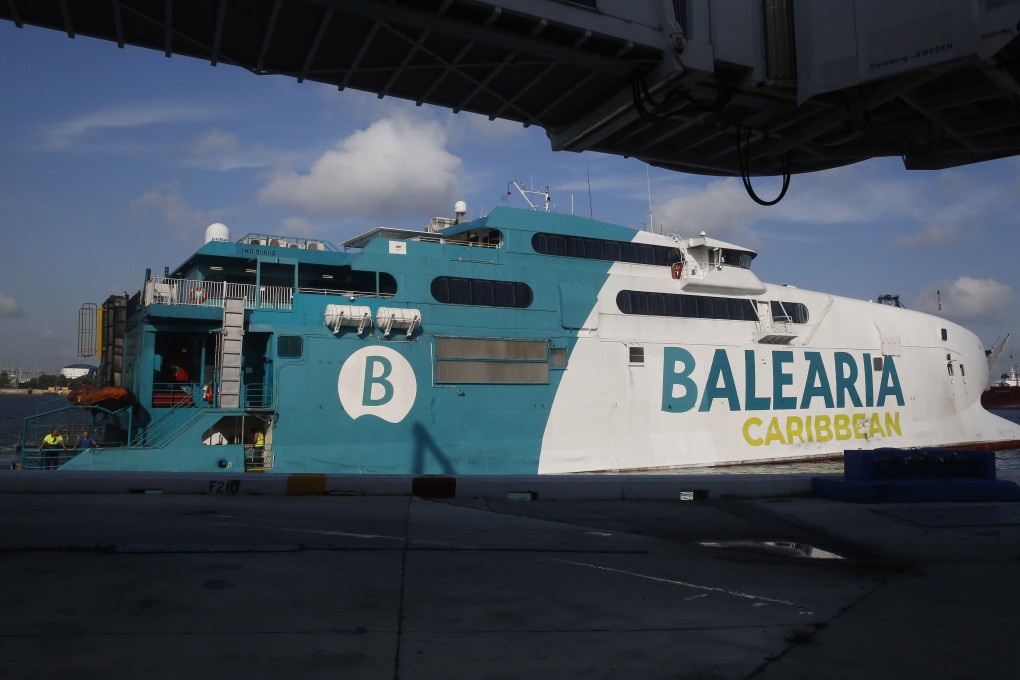Trump warns of ‘bad people’ among Hurricane Dorian survivors, as refugees are turned away for lack of US visas
- Thousands of Bahamians have been fleeing the islands of Abaco and Grand Bahama since Dorian slammed into the island chain a week ago
- Confusion over required travel documents is hindering some efforts to help Bahamian refugees anxiously fleeing for the US

US President Donald Trump said Monday that the US would have to be careful about allowing Bahamian survivors of Hurricane Dorian into the country, warning there could be “very bad people” among them.
Speaking to reporters outside the White House, the president – who has made strict immigration regulations a pillar of his presidency – said that “everyone needs totally proper documentation”.
“The Bahamas has some tremendous problems with people going to the Bahamas that weren’t supposed to be there,” Trump said. “I don’t want to allow people that weren’t supposed to be in the Bahamas to come into the United States, including some very bad people and some very bad gang members and some very, very bad drug dealers.”
Confusion over required travel documents is hindering some efforts to help Bahamian refugees anxiously fleeing Hurricane Dorian’s carnage for the US.
At the Treasure Cay airstrip, many private plane owners refused to fly anyone without a valid US passport over fear the pilots would be detained for questioning, slowing return flights. And hundreds of refugees were ordered off a Florida-bound ferry because they did not have visas.